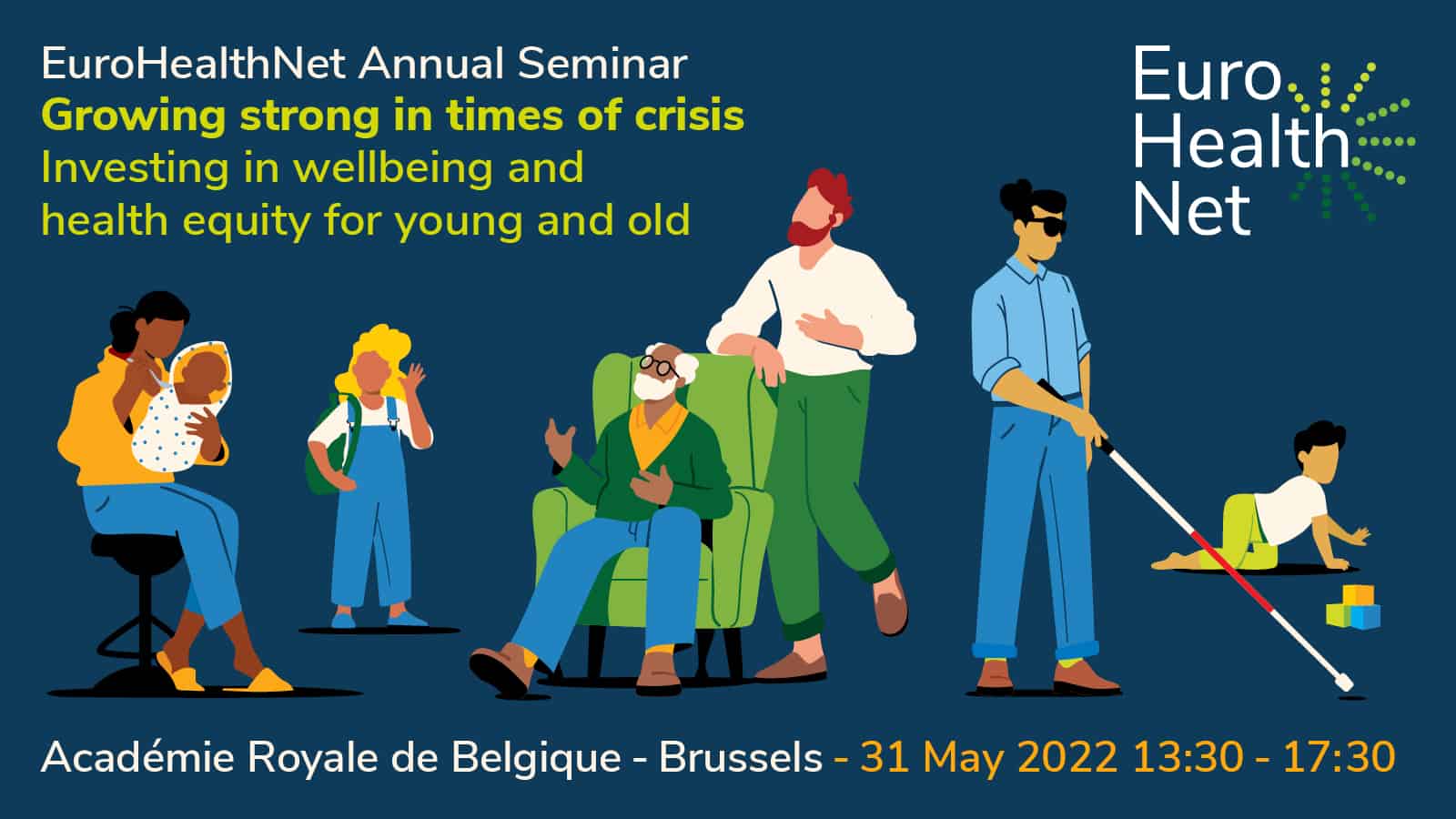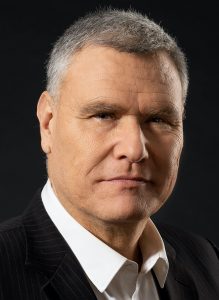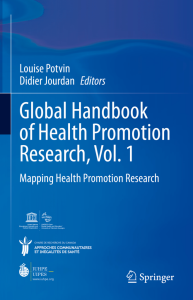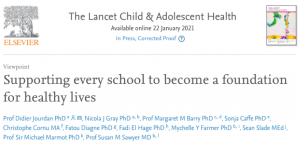Towards a health learning pathway for all
The fifth UNESCO International Conference on Learning Cities (ICLC 5) adopted the Yeonsu Declaration for Learning Cities, affirming a commitment to lifelong learning for health. With more than half of humanity living in urban areas, cities have a crucial role to play in promoting health education and strengthening resilience.
In order to guide and support cities in this process, the UNESCO Institute for Lifelong Learning (UIL) and the UNESCO Chair Global Health and Education are working together to develop a roadmap for the enactment of the Yeonsu Declaration. This roadmap aims to guide cities in promoting lifelong learning for health (LLLH). All members of the UNESCO Global Network of Learning Cities, ICLC 5 participants and partners are invited to co-create the roadmap. A series of three webinars has been planned to discuss the different steps in developing and implementing policies to build a “health learning pathway for all”.
A series of webinars to co-create a roadmap
Three webinars will be organised between June and November 2022, each focusing on three key stages in the development of lifelong learning pathways. They will be jointly facilitated by UIL and the UNESCO Chair and will be offered in English, French and Spanish.
The discussions during the webinars will provide input for the roadmap to guide cities in the enactment of the Yeonsu Declaration. They will provide an opportunity for rich exchanges on the development of lifelong learning policies and initiatives.
| Date and time | Thematic focus | |
| Webinar 1 | Wednesday, 1 June 2022 13:00 to 14:30 (CEST) Zoom registration: https://us02web.zoom.us/webinar/regis ter/WN_vKWMEMypReSeHt8HYgTuPw | LLLH: Conceptualizing, raising awareness and developing policies |
| Webinar 2 | Wednesday, 7 septembre 2022 13:00 to 14:30 (CEST) Zoom registration: https://us02web.zoom.us/webinar/regis ter/WN_5E-IXLz9QVS7bnGUocktDA | Spaces, institutions and actors: Towards a health learning pathway for all |
| Webinar 3 | Wednesday, 16 novembre 2022 13:00 to 14:30 (CET) Zoom registration: https://us02web.zoom.us/webinar/regis ter/WN_xo-pQ_jiRVuuYOTXOEL_cA | LLLH policy implementation and visibility |













 About Didier Jourdan
About Didier Jourdan
